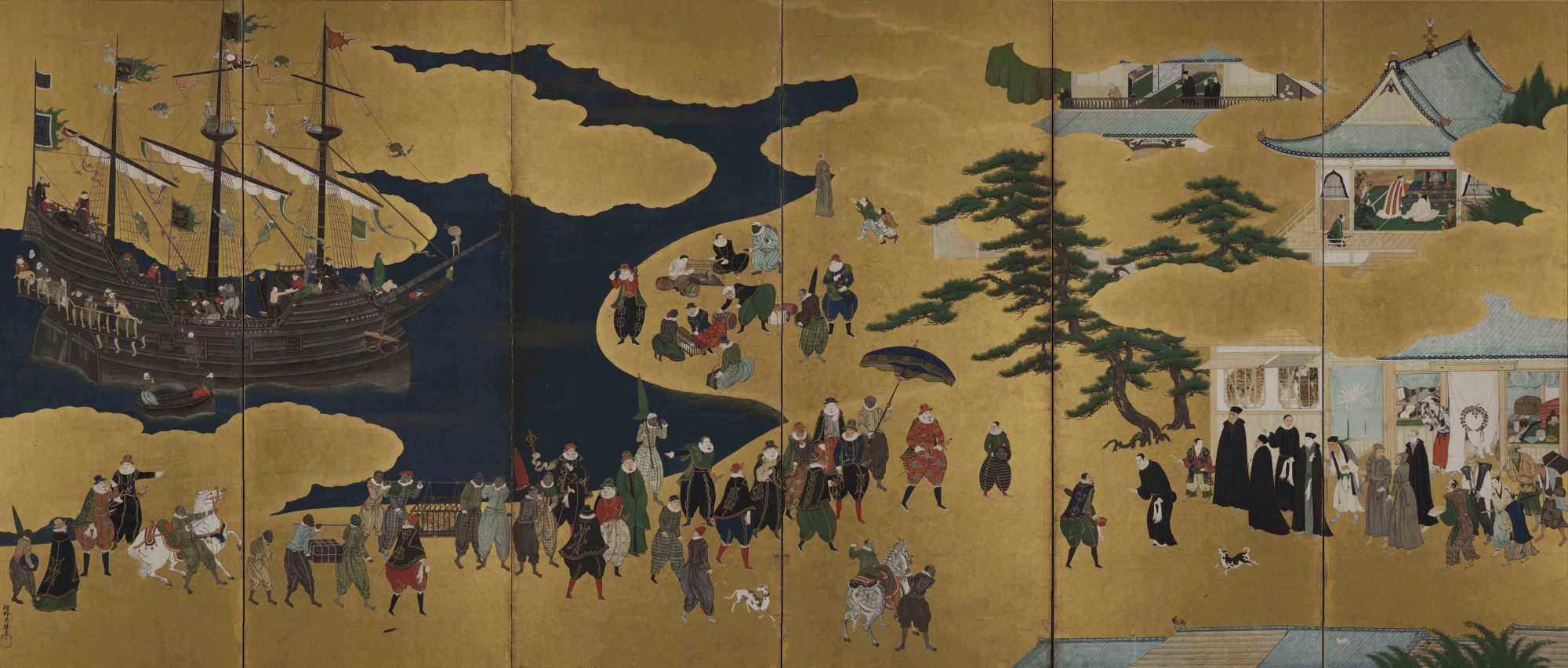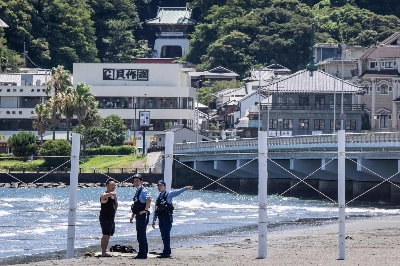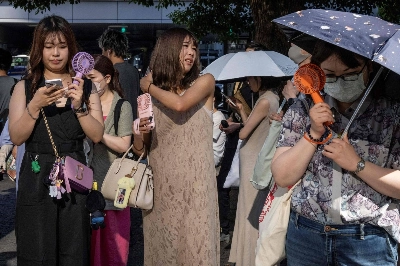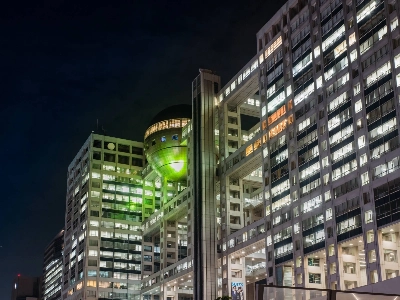In a letter home to Portuguese brethren, Jesuit missionary Pedro de Alcacova writes of singing a Mass to Japanese believers in 1552: "Our voices weren't good," he recalls, "still the Christian believers rejoiced."
It was Christmas Eve in Yamaguchi, and the patience, if not faith, of the new Japanese converts may have been tested after dubious singing by nanban ("southern barbarian") missionaries turned into a scripture reading that ran deep into the night and resumed for another day with the "crow of the cock."
This was Japan's first Christmas on record, and in subtropical Yamaguchi, at the southern edge of Honshu, the celebration of the virgin birth was in a sense also a virgin encounter: It featured much surprised delight (the Jesuit account says) along with the first Western vocal music heard in Japan. Saint Francis Xavier — the Jesuit who brought Christianity to Asia — had landed in Japan's Satsuma domain only three years earlier, winning favor with daimyō lords and with it permission to seek converts. Japan was still decades away from the Christian persecutions ushered in by the seclusion policy of the Tokugawa shogunate — the backdrop of the great Shusaku Endo novel "Silence" recently adapted into a film by Martin Scorsese.

















With your current subscription plan you can comment on stories. However, before writing your first comment, please create a display name in the Profile section of your subscriber account page.